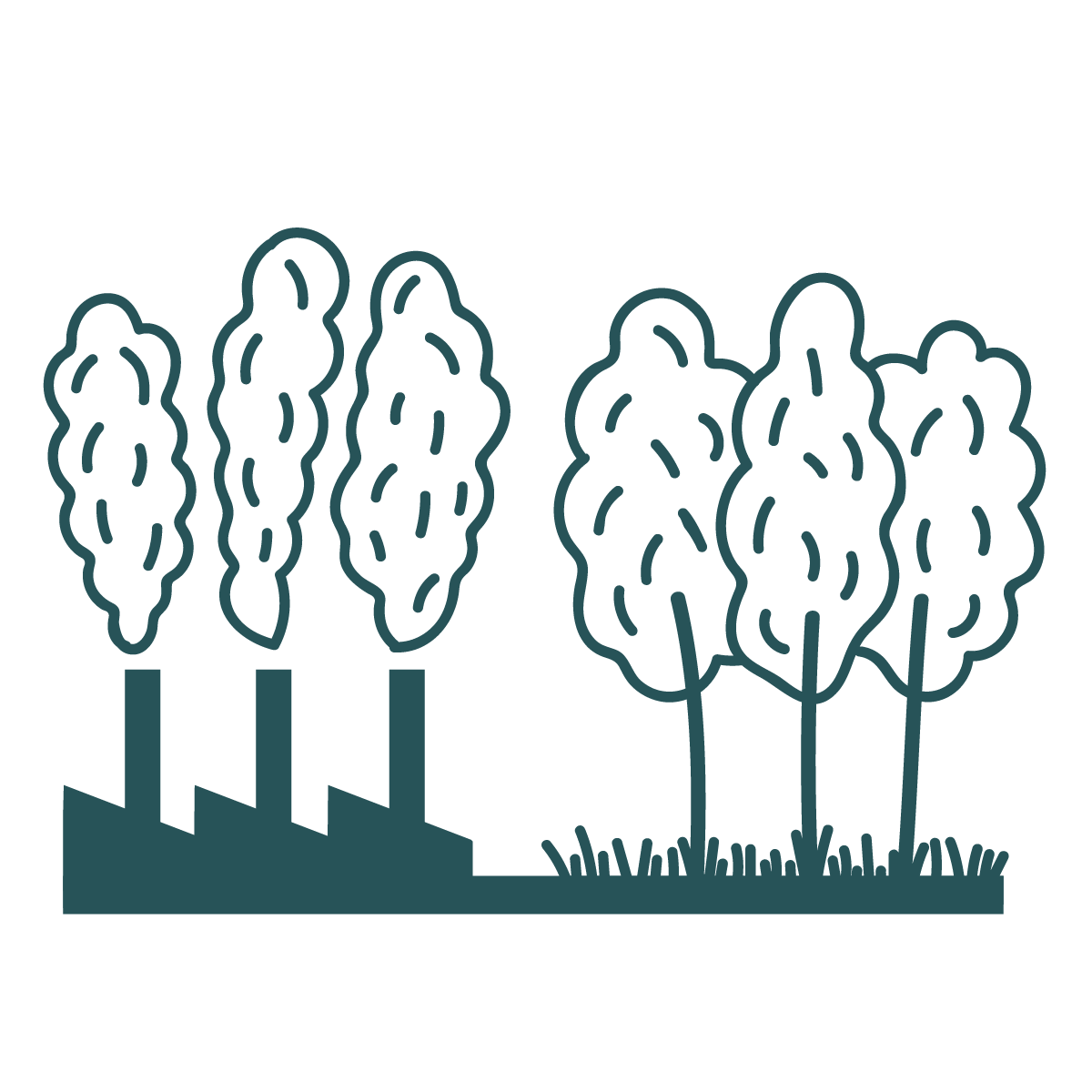Climate Adaptation
Climate Adaptation

Climate adaptation involves strategies and actions aimed at reducing vulnerability to the impacts of climate change and building resilience in communities and ecosystems. In this field, we examine how urban vegetation can contribute to building resilience to extreme weather, such as extreme heat, within cities, particularly in vulnerable communities. We explore the lived experiences of these communities with heat and other climate pressures, and investigate the effectiveness of urban vegetation in supporting adaptation across various scales and built environments, with the goal of creating more liveable and equitable urban environments.
RELATED RESEARCH
Urban density and the urban forest: How well are cities balancing them in the context of climate change?
Urban forests are gaining recognition as a nature-based solution to climate change and other socialenvironmental issues in cities. Yet, the integration of urban forests may conflict with other climate measures such as urban densification, which may create hostile growing conditions for trees and lead to tree decline or loss. While previous studies have identified conflicts…
Modelling Four Neighbourhood-Scale Urban Forest Scenarios for 2050: Vancouver, Canada
Background: Urban forests are increasingly recognized as important tools in climate change mitigation and adaptation, prompting many cities to set tree canopy cover targets. However, current gaps in knowledge include understanding relationships and the feasibility of maximizing benefits between urban greening and other climate actions, such as densification. This study offers a data-driven and manageable…
Achieving the Urban Tree Trifecta: Scenario Modelling for Salubrious, Resilient, and Diverse Urban Forests in Densifying Cities
Background: Urban forests can provide nature-based solutions (NBS) to complex climate-change challenges via the provision of ecosystem services such as shade and cooling that offset increased risks of chronic diseases and excess mortality. They also confer indirect health benefits by providing regulating ecosystem services that can facilitate climate-change mitigation efforts: increased shade can encourage shifts…
British Columbia, Canada, as a bellwether for climate-driven respiratory and allergic disorders
Touching briefly on health effects related to climate change, we orient this Paradigms and Perspectives article within the context of British Columbia, Canada, in hopes that highlighting challenges in British Columbia will be informative and inspirational to others. We describe issues faced in our context, in which extreme climatic events have accelerated dramatically in a…
Why protect big trees?
If you ask any practitioner in my field of urban forestry why we need trees in urban areas, they’re sure to enumerate a litany of benefits ranging from environmental to economic to human health and well-being. Science has made much progress in quantifying these benefits to human society through advances in ecosystem service research; today…
Alignment of municipal climate change and urban forestry policies: A Canadian perspective
While being major greenhouse gas (GHG) emitters, cities also suffer some of the most severe climate change impacts. Urban forests have gained increasing recognition as nature-based solutions to climate change via the various benefits they provide, such as carbon sequestration and temperature regulation. Many cities have developed climate change and/or urban forest policies to enhance…
